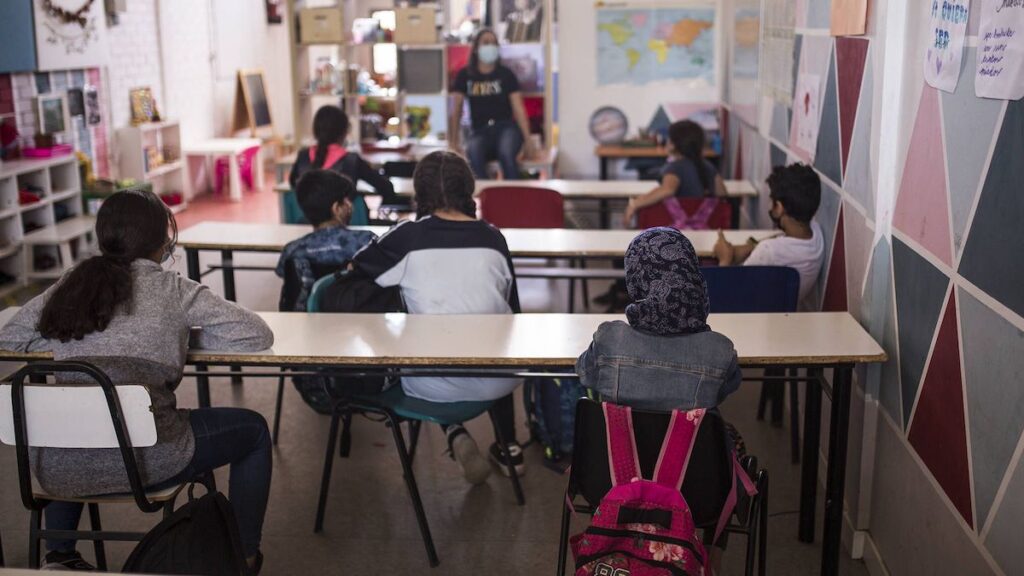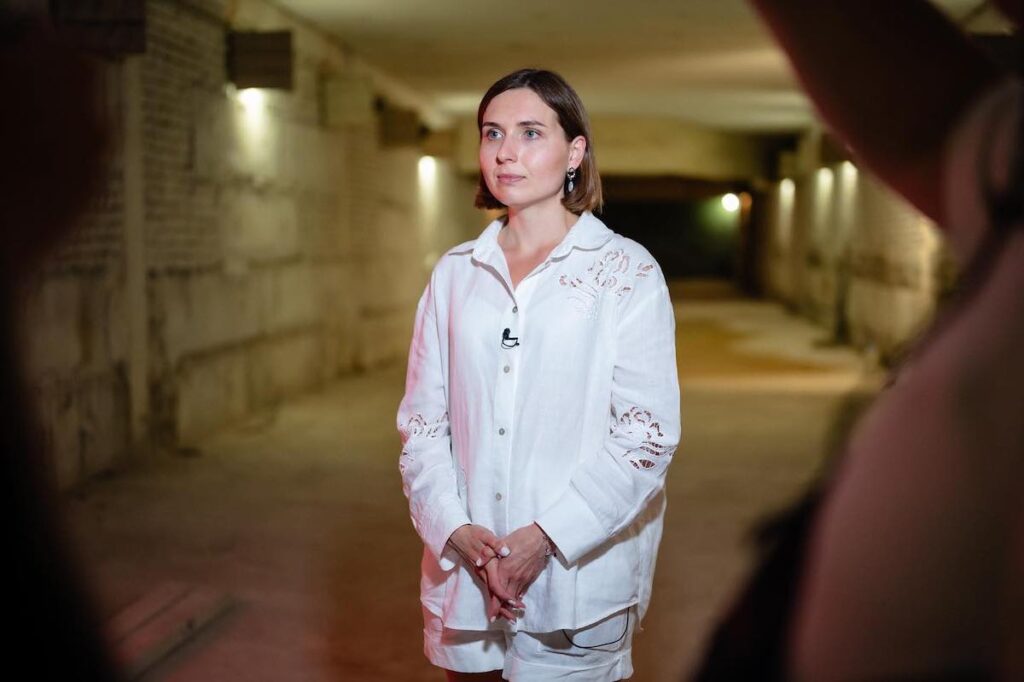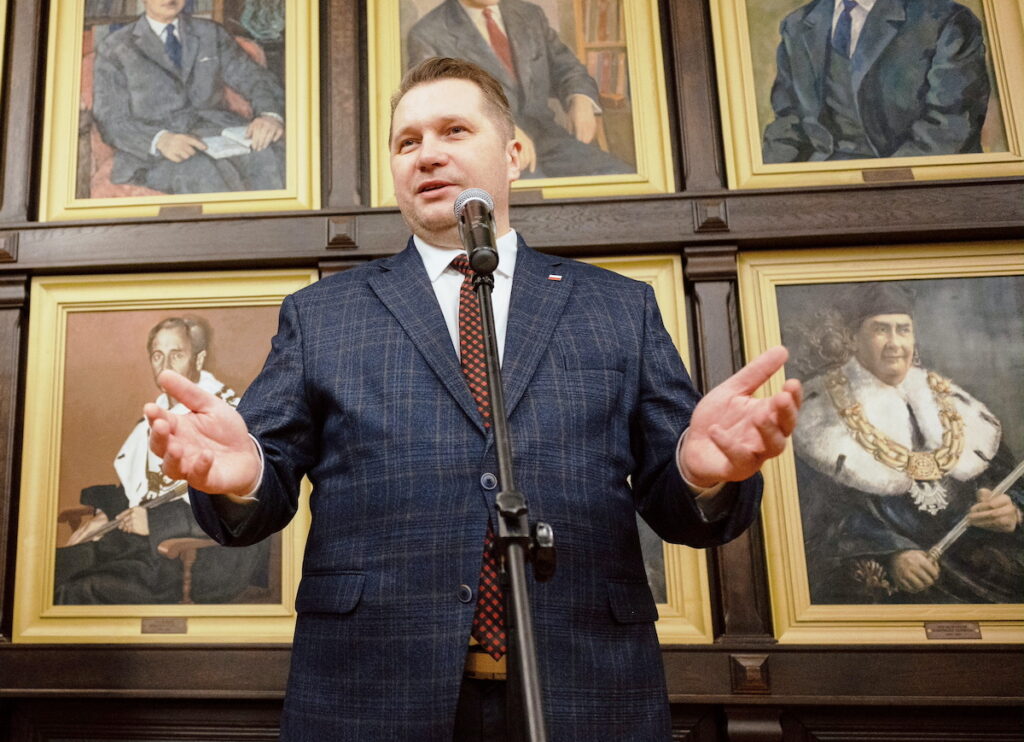When I was a child, I remember my father jokingly asking me: “Can you list the Twelve Gothic Kings of Spain?” Of course, I couldn’t, as I’d never had to learn them in school. However, he could still recall their names.
This list of Gothic Kings has come to encapsulate how Spaniards view their education system. Many believe that the traditional methods of education, based around the teacher and focusing on memory and content, is better than the modern system, centred on students and creativity, with an emphasis on processes rather than results.
Of course, our idiosyncrasies and our history don’t help. We look at the Spanish PISA results, and at those of Nordic countries and think, ‘Why can’t we be like them?’ But we have a different education system in every region, as well as different regional languages, and regulatory changes occur almost as often as changes of government.
But while I may have been educated in a system that no longer prioritises memory as much as my father’s, we tend to ignore the broader picture. The past is no better, and we have made a huge leap forward: before, education was mandatory only until the age of 14, and only 6% reached university level. Now, it is compulsory to stay in school until the age of 16 and the number of university students continues to grow.
In fact, the two models shouldn’t be mutually exclusive, as each has its benefits. Contrary to the narrative that the younger generations are reading less, data show that the reading rate among Spaniards has increased by 5.7 points in the last ten years, with a particular increase among adolescents.
Despite the narrative that teachers are now too lenient with students, allowing them to pass courses with ease, Spain’s dropout and grade repetition rates are still among the highest in Europe. This is the biggest problem the country has to solve in education.
Another issue is that more teenagers want to go to university and study in their home country, but then leave to work abroad. Maybe the education system is functioning well, but there are few opportunities afterwards.






